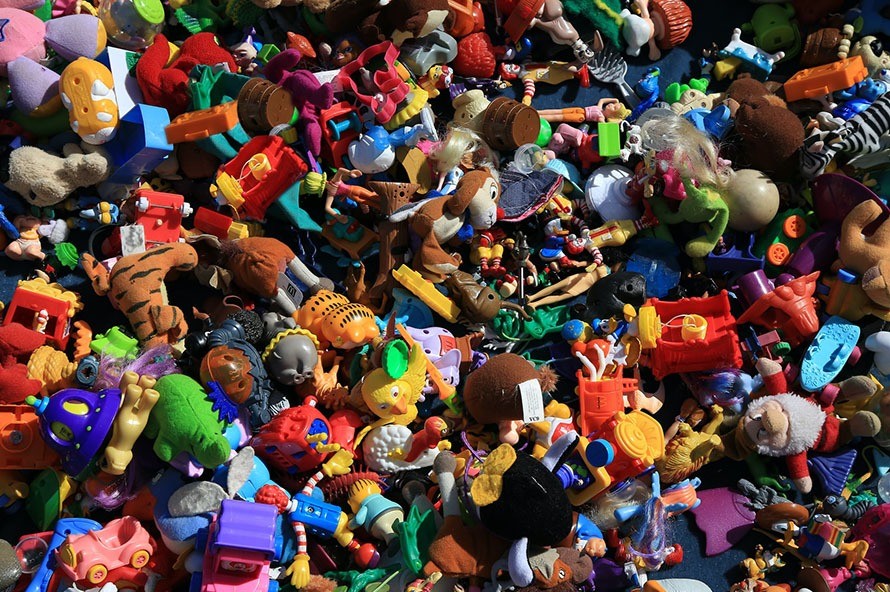Once upon a time, it was cute and kept the kids amused.
But if you’re marketing those little plastic toys to Gen Zs today, you might as well be giving them a lump of coal.
That’s the sentiment many young people hold, as climate change and plastic pollution are the top two issues they’d like businesses to help tackle most, our Gen Z & Corporate Activism report found.
“The fact that companies have implemented their new toys so soon after the plastic bag ban is quite frankly embarrassing and offensive to the consumer,” an 18-year-old male from Queensland said.
“After attempting to appear open-minded by embracing the plastic bag ban these companies have shown that they in fact do not care about waste reduction.”
A 15-year-old female from NSW agreed and said that instead, “Large businesses should be using their nationwide popularity to send across an important message to the citizens of Australia about the negative impact plastic waste is having on our planet.”
Young people also see through tacky promotions, even if they’re hyped up ‘rare collectibles’ sold for exorbitant amounts on eBay.
These sorts of practices can influence Gen Z spending with 55% telling us they were less likely to shop at stores who do these plastic promotions because of the waste they cause.
In July 2021 Coles announced they’d dump its Little Shop collectibles, stating they will become “Australia’s most sustainable supermarket”. Woolworths also revealed collectible real-life plants that would take over Ooshies promotions.
Likewise, this year McDonald’s announced it would “drastically” reduce the plastic in its Happy Meal toys worldwide by 2025. It’s reported that in the UK the fast-food chain is already offering only soft toys, paper-based toys or books.
And petitions are underway to replace Kinder Surprise’s plastic surprise.
It’s the beginning of the end of the plastic fantastic era, and thank goodness for that. It’s safe to say that most Gen Z parents of the future who care about the triple bottom line won’t be buying them for their kids.
“For businesses to improve their own image they need to look at the way in which they are producing their products,” an 18-year-old female from NSW told us.
“How can they do it more sustainably, whether it’s less emissions in production, or new innovative packaging.
“If a company were to implement these changes, the support from the majority of the community would be astounding!”






